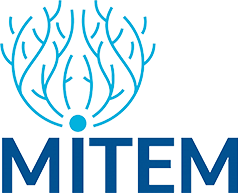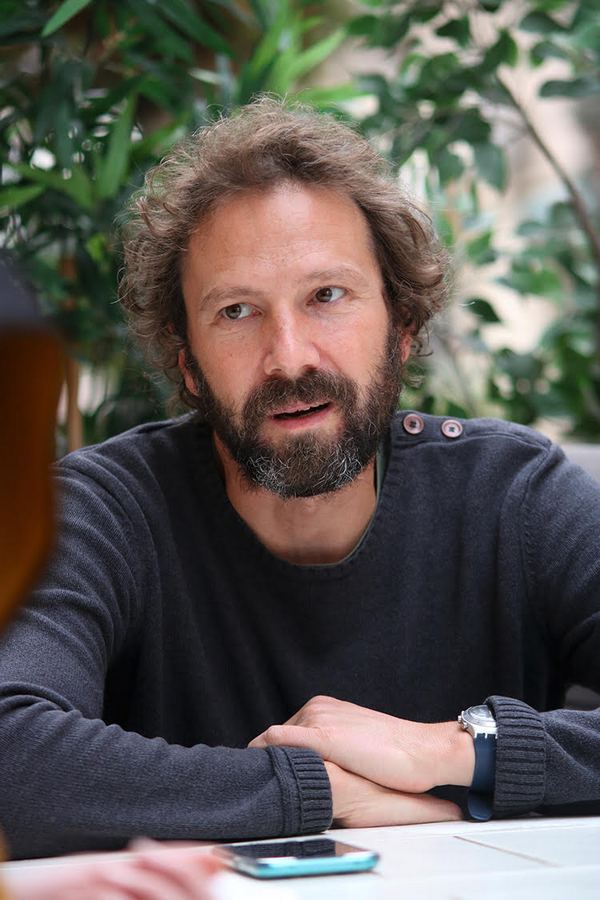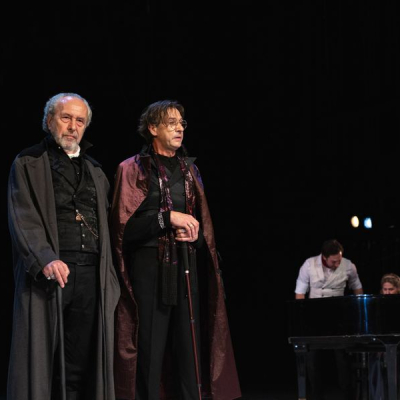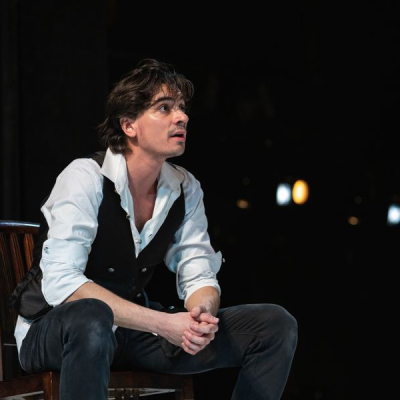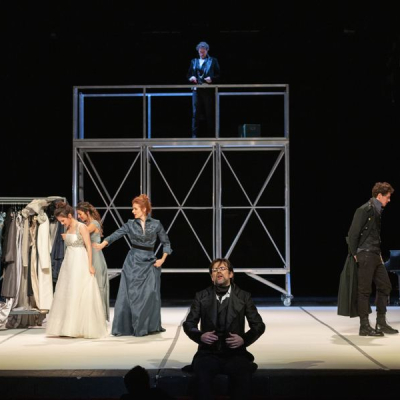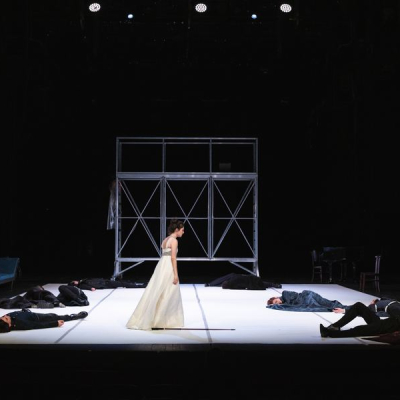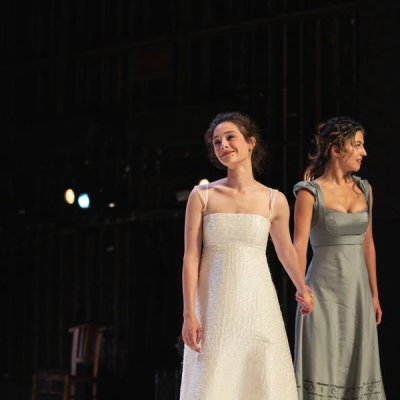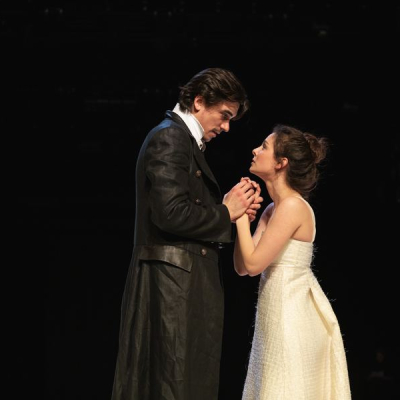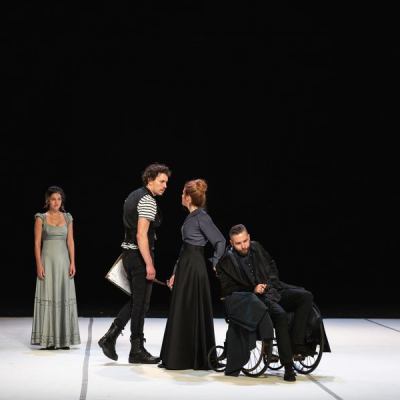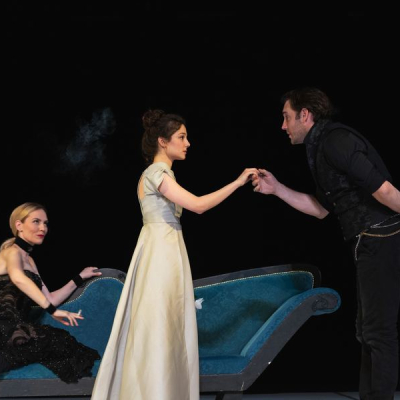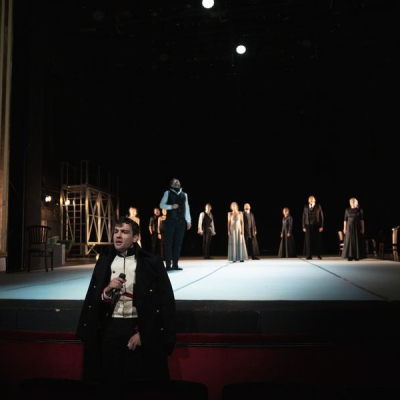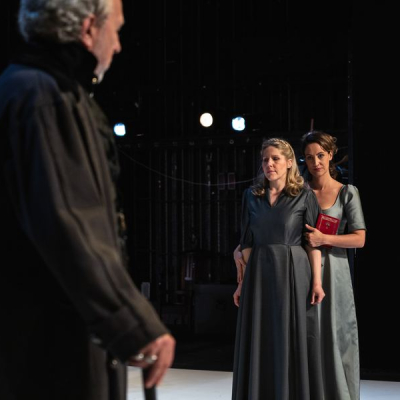Archives 2023
War and peace
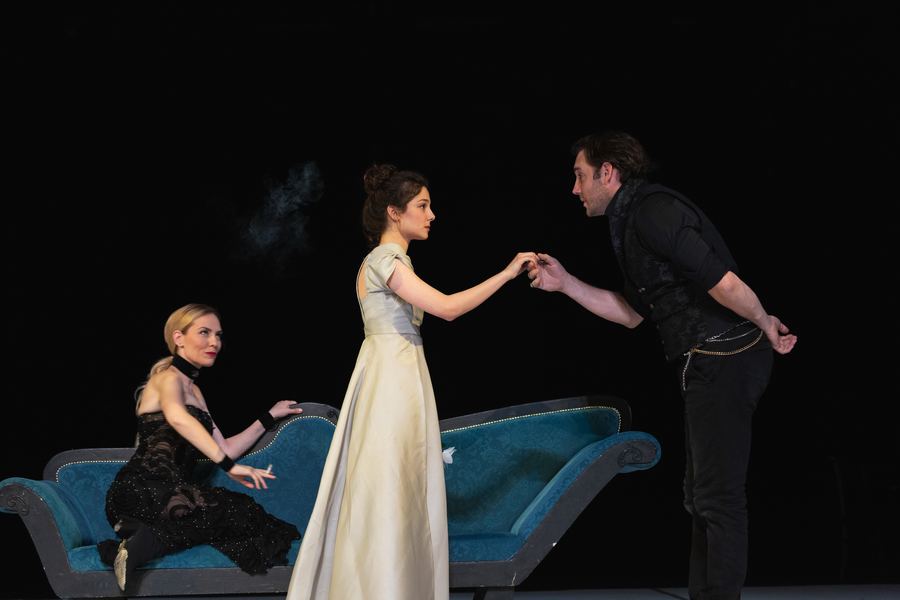
National Theatre Belgrade, Serbia
Director: Boris Liješević
Performed in Serbian with Hungarian and English subtitles
2 hours with 1 breaks.
Romain Rolland wrote about War and Peace - "this work, like life, has no beginning, no end." It is life itself, in eternal motion."
And indeed, Tolstoy's novel does not have, in the conventional sense, a beginning and an end. The first chapter takes us into Anna Pavlovna Scherer's salon, where the Petrograd nobility and intelligentsia gather. Napoleon, Emperor Alexander, Austria, Prussia, the future war are discussed there, but at the same time deals are made through the imperial family, marriages of convenience, and care is taken as to who will be the best dressed in the salon. Without any introductions, explanations, or special indications of which of the characters that are there will be the main protagonists, which are secondary characters, and which will never appear in the novel again. Likewise, the narrative ending (the very end of War and Peace is actually a longer essay on Tolstoy's understanding of history) instead of ending the action, introduces a new topic, a new event: the beginning of the Decembrist uprising in Russia in 1825.
It is interesting why War and Peace ends like this. Tolstoy actually wanted to write a novel about the Decembrist Uprising, but in his research he realized that the roots of that event lie in the Napoleonic Wars that were fought from 1803 to 1815. Therefore, War and Peace was written almost as an introduction to what Tolstoy was actually interested in - and in the end, Tolstoy never wrote a book about the Decembrists.
However, what is the essence of War and Peace? The essence, it seems to me, is in the search. The novel's protagonists are in constant search, looking for God, love, glory, happiness, the meaning of life... Pierre Bezukhov asked himself: "What is our life for? Why are we in this world? What do people and humanity have to build and perform with their lives?" I think that is the basic question that Tolstoy asks, the essential theme of the book - accordingly, the essential theme of the dramatization and performance.
Turbulent Sea
“Humanity and history are like nature; now it is calm and nothing can disturb that peace, but a storm is coming that will change everything; like the sea when it is stirred up. And we are just tiny particles, inhabitants of that organism of nature. Sometimes we also think that we manage that organism. And actually the waves raise us down and scatter us. And we are all the same, except that some are lifted up by that wave at the moment and we see a leader, genius, strength, while others are scattered by that same wave into victims and losers. It is Tolstoy's stormy sea of history. We see leaders and leaders and initiators and wars, and Tolstoy sees a natural process that is incomprehensible to us, the sea of history that has been stirred up. The turbulent sea of Europe - more turbulent today than ever in recent history. What's going on? The world is changing, like at the beginning of the 19th century when Napoleon brought the new world order through Europe and talked about a common fatherland - a Europe without borders. He leaves behind millions of dead who do not accept his freedom. The world is facing, until then, "the biggest war that has ever been". What happens? "Don't try to understand," Tolstoy shouts at us. "Because you will not understand." Just as the animals in the pen do not understand when the owner singles out one ram and feeds it better than the others. The other animals think that ram is a genius and a leader. And then they are surprised and afraid when that same ram is the first to be slaughtered and eaten. They wonder what happened, where did he make a mistake? It is a logic that is beyond us. The only thing we can understand is that we are just tools in the hands of history. That history is governed by inevitabilities. How to direct War and Peace? Just as Kutuzov leads the Battle of Borodino, by understanding the circumstances that follow us and that the process is governed by coincidences and inevitabilities that should be constantly recognized and not forgotten that we are all particles in that great organism of War and Peace. And as Peter Brook said in a play: Nothing is more important than the people who take part in it.” (Boris Liješević)
Színészek
Count Peter (Pierre) Bezukhov: Hadži Nenad Maričić
Prince Nikolai Andreyevich Bolkonsky: Miodrag Krivokapić
Andrei, his son: Danilo Lončarević
Andrei, his son: Zlatija Ocokoljić Ivanović
Lise, wife of Prince Andrei: Zorana Bećić Đorđević
Count Ilya Rostov: Dušan Matejić
Countess Natalya Rostova: Bojana Stefanović
Natasha, their daughter: Teodora Dragićević
Nikolai, their son: Nemanja Stamatović
Sonya, their cousin: Nina Nešković
Prince Vassily Kuragin: Slobodan Beštić
Hélène, his daughter: Kalina Kovačević
Anatole, his son: Petar Strugar
Boris Drubetskoy: Vučić Perović
Napoleon Bonaparte: Nedim Nezirović
Stage designer: Janja Valjarević
Costume designer: Bojana Nikitović
Choreographer: Mirko Knežević
Dramaturge: Fedor Šili
Composer: Stefan Ćirić
Boris Liješević
